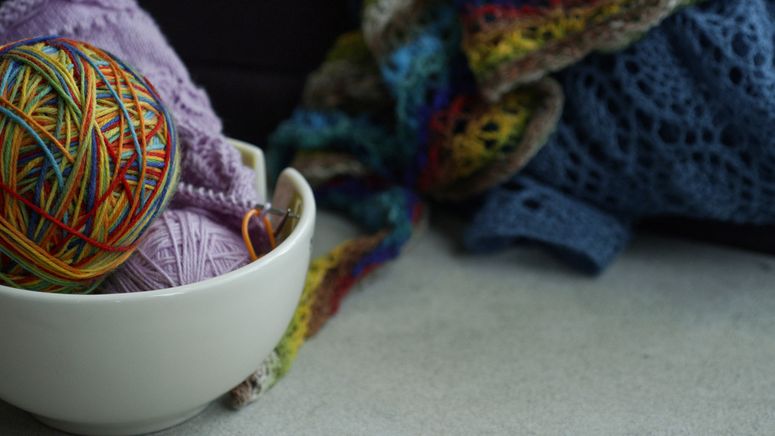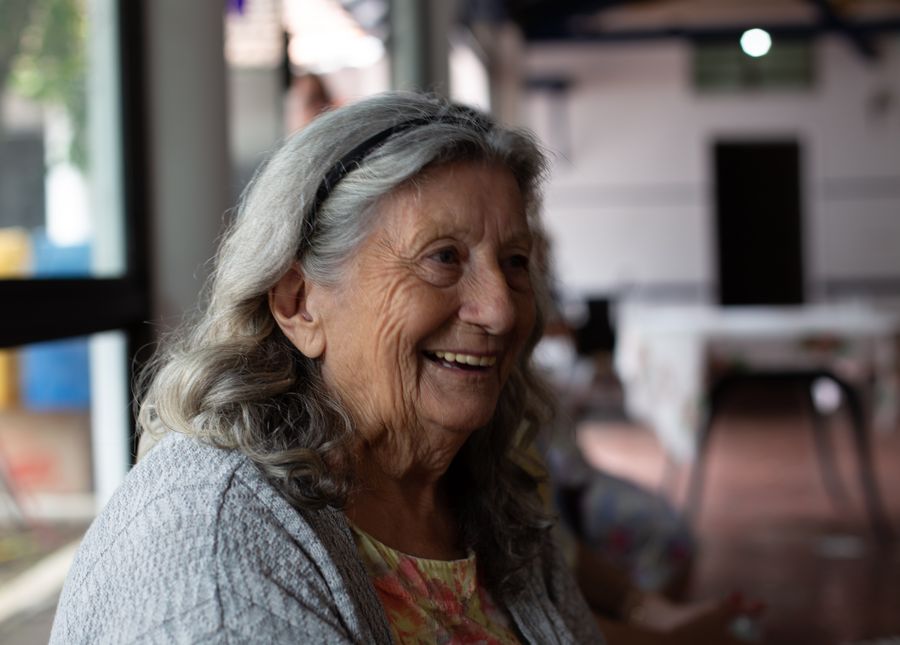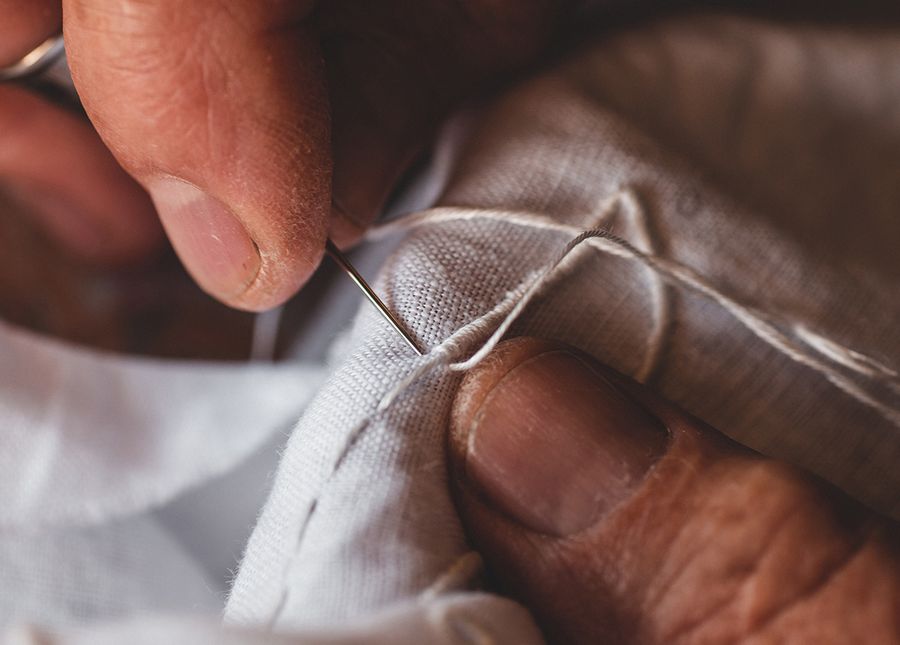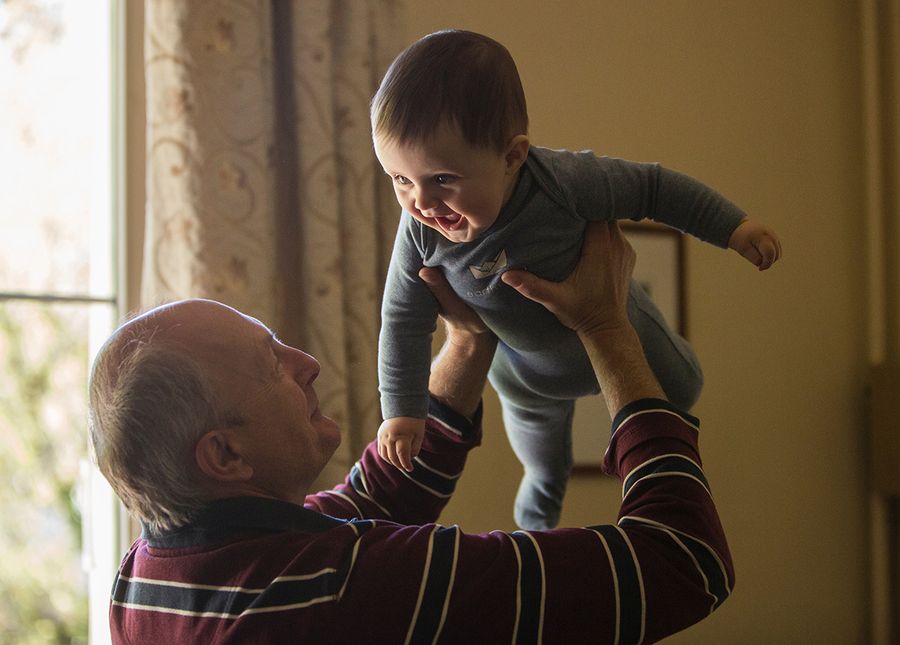While it’s not an option for everyone, more people than ever are choosing to die in their own homes, surrounded by family, friends and memories.
And while spending your final months and hours at home can bring great comfort and peace, it can also be challenging for your loved ones and carers.
But whether it’s a gentle ageing or a decline due to illness, emotional and physical support is available for everyone involved.
Note that access to government-subsidised care requires an Aged Care Assessment.
Keeping the household running
Support is available for help with domestic duties, including cleaning and meal preparation, either through an existing Home Care Package or through the Commonwealth Home Support Programme.
Personal and medical care
Home-based care is available for personal care – including washing, grooming and toileting, in addition to nursing care, including medication management and wound dressing. Depending on your circumstances, subsidised care may be available through an existing Home Care Package or through the Commonwealth Home Support Programme.
Palliative care
Taking an integrated approach to the whole person, palliative care is a medical, spiritual and emotional approach to dying. Palliative care acknowledges that death is natural, and strives to ensure a pain-free and life affirming experience for loved ones.
Your GP or other health professional will be able to advise on palliative care services near you.
Respite and support for carers
Counselling and short-term respite are two ways that carers can be supported through this difficult period. It’s vital that – despite the needs of your loved one – care doesn’t become all consuming. Spending time on normal activities, keeping up your social and community connections and eating well are ways to cope emotionally.
Talk to care providers and family and friends about your needs and feelings, and seek professional counselling if you need someone else to talk to.
Grief is a natural emotion when a loved one is dying. The National Association for Loss and Grief Australia (NALAG) has information and support services that can make the sense of loss and bereavement easier to cope with.
There is no urgency following a death, and many people take comfort in spending a few hours quietly with their loved one. You don’t have to call the police or an ambulance. When you are ready, contact a local funeral home and begin letting people know of the loss.




